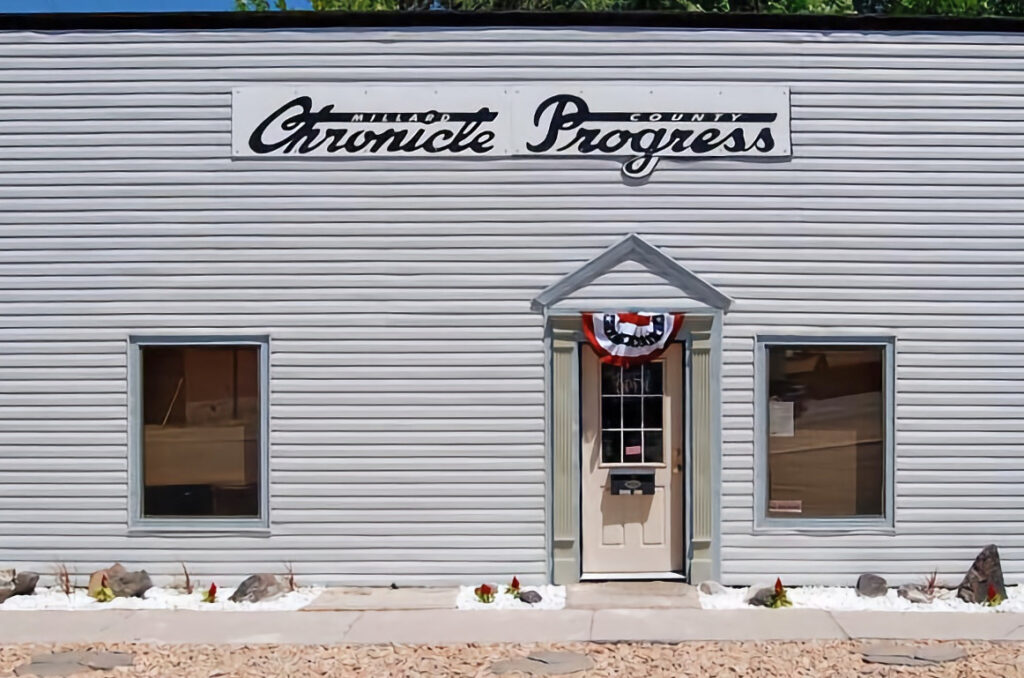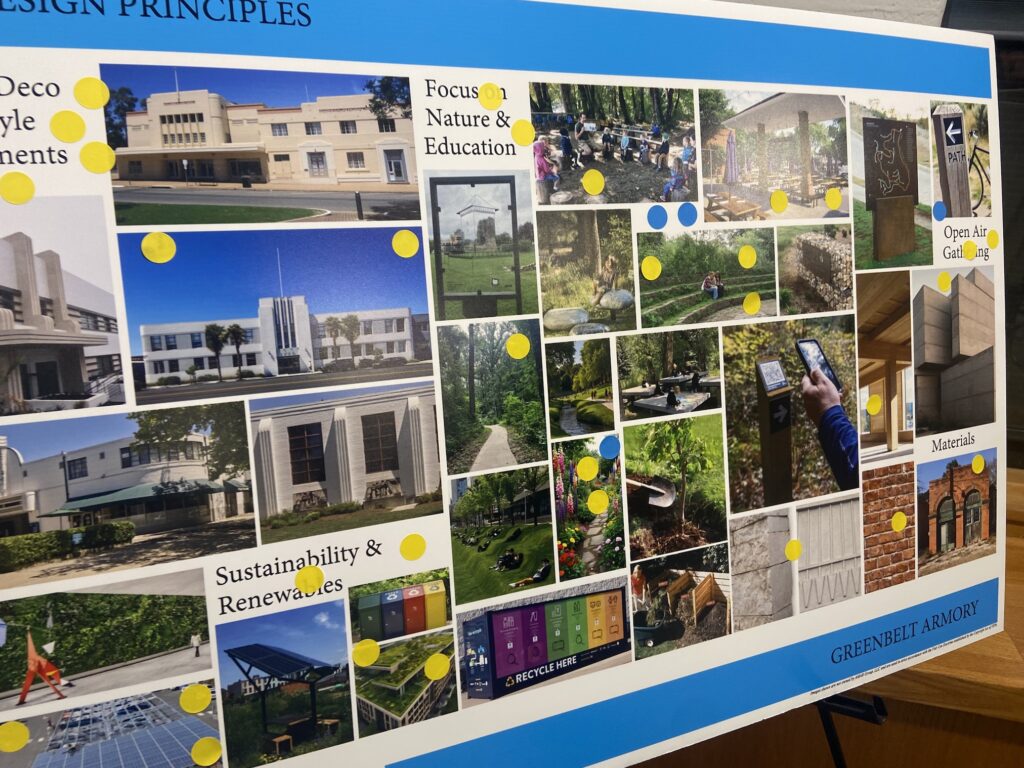The Millard County Chronicle Progress, a small local newspaper with a long name that serves remote communities around Delta, Utah, has been sued for $19 million by a local developer, after the newspaper reported factually on some of the name-calling that went on in a meeting about a proposal for a local development project. Those News Review readers who know the story of our own paper’s years with litigation will doubtless experience a frisson of déja vu all over again. Salt Lake City Fox reporter Nate Carlisle has delved into the story, giving the details here: https://tinyurl.com/y35hc9d5
Sixty Years Ago
In 1965, Greenbelt developer Charles S. Bresler sued the News Review for libel, accusing the newspaper of malice. In a heated meeting at the time about a development project, an opposed participant had described Bresler’s proposal as “blackmail” and the News Review accurately reported that term. Today’s News Review Editor Mary Lou Williamson was already working for the News Review at that time and knows only too well what followed. Bresler sued the newspaper and won. He was awarded $17,500 by a Prince George’s County Circuit Court jury, a sum more than enough to put the News Review out of business.
Upping the Ante
The News Review, with legal assistance from the Washington Post, took the case to the Maryland State Court of Appeals and lost again. The last available resort was an appeal to the U.S. Supreme Court which, providentially, accepted the case – ultimately ruling unanimously for the News Review and dismissing Bresler’s suit.
This ruling has been hailed as a landmark First Amendment decision because it said that the newspaper was, “performing its wholly legitimate function as a community newspaper when it published full reports of these public debates in its news columns.” The court also said, “To hold otherwise would subvert the most fundamental meaning of a free press.” In other words, reporting what people said in a public meeting is a public service. Interestingly, the court also ruled that even the initial spoken use of the term “blackmail” in the meeting was not slander, just as its use in the newspaper was not libel.
Winning, however, came at a cost. The stress of the five-year span of the case, Williamson believes, seriously undermined the health of then editor Al Skolnik and undoubtedly heaped pressure and anxiety on all the paper’s staff. And, of course, its survival was at risk. Had Bresler’s suit been successful, nobody would be reading this article today.
Fast Forward 60 Years
Informal contact with our fellow-small-town newspaper indicated that their counsel did indeed cite the News Review precedent during the current oral argument phase of the case – and now they have a link in hand to the News Review article that reported on the eventual decision and which contains its full text. And perhaps some small measure of comfort in knowing that we’re still doggedly here.
The News Review, at a significant annual cost, now has libel insurance that would hopefully cover the cost of litigation (and likely the Chronicle Progress does too) – but the price in human stress and anxiety would still have to be enormous.
You can read the judgment at greenbeltnewsreview.com/issues/GNR19700521.pdf.
Updates on the Chronicle Progress case will be made available as received. And as Editor Williamson commented recently, “Freedom of the press is always at risk.”




